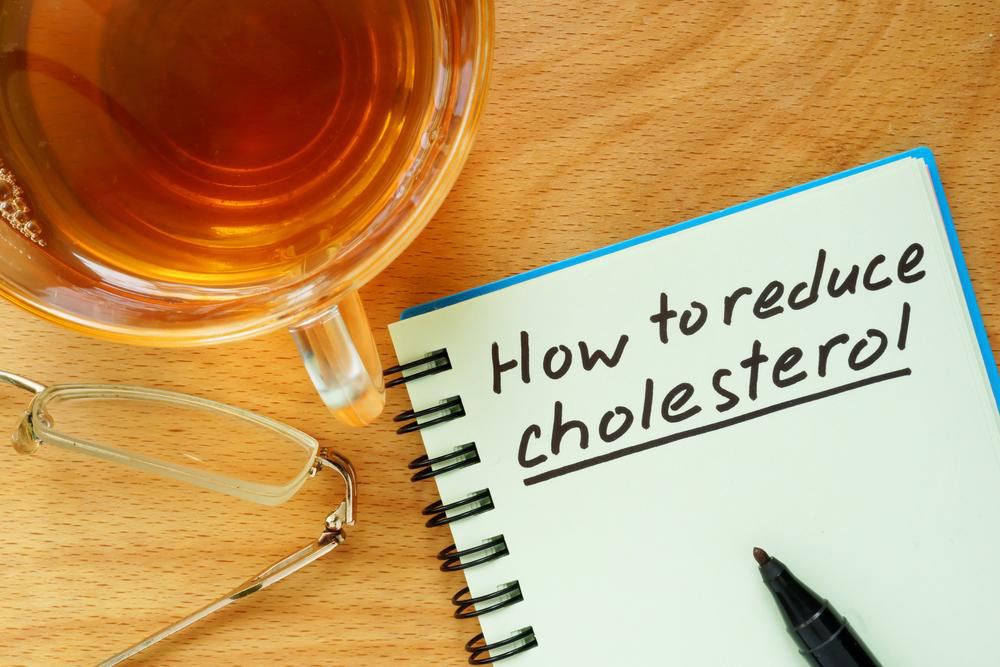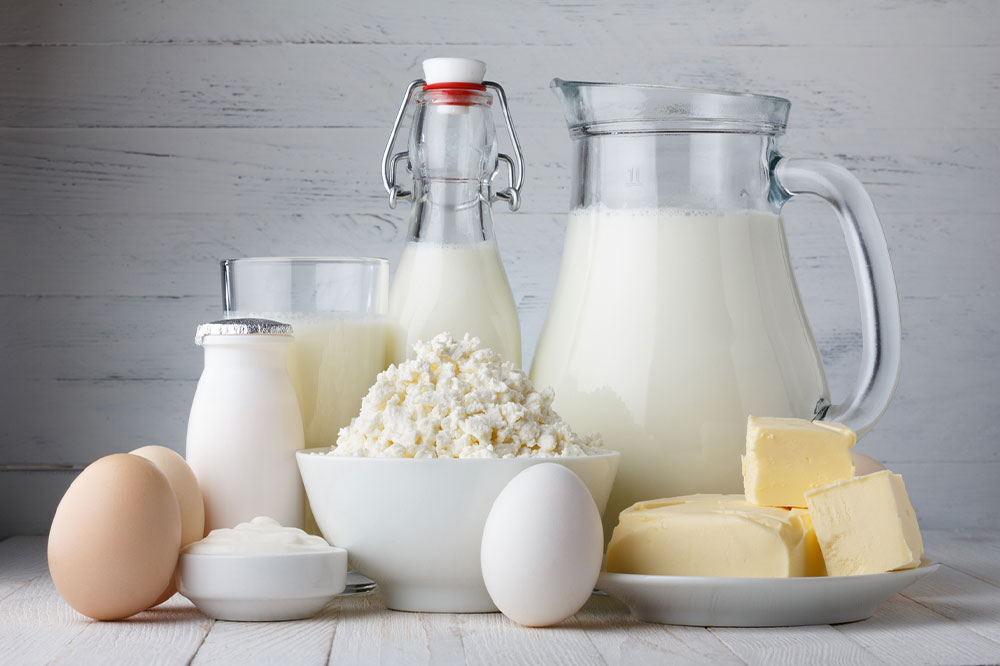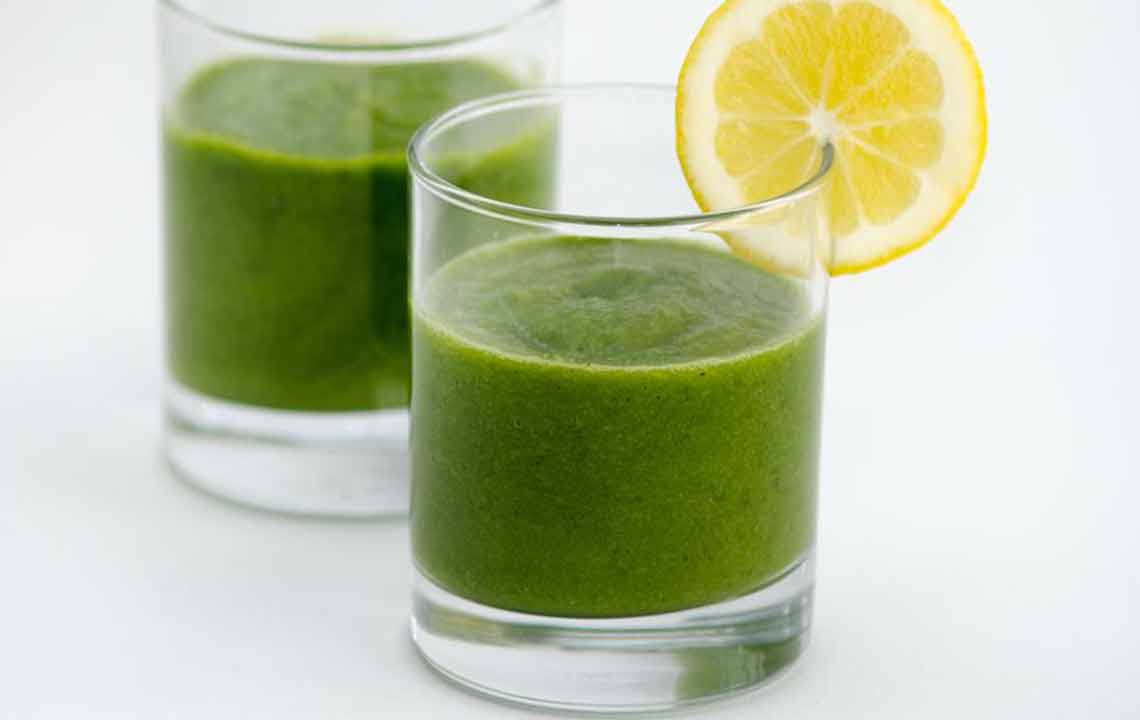The Essential Guide: Top 3 Foods to Avoid for Maintaining Healthy Cholesterol Levels
This comprehensive guide explores the top three foods to avoid for maintaining healthy cholesterol levels. It emphasizes the importance of limiting sugary drinks, saturated fats, and trans fats to reduce heart disease risk. Learn how dietary choices impact cholesterol and discover healthier alternatives to support cardiovascular health, including tips on nutrient-rich foods and cooking methods. Protect your heart by making informed dietary decisions today and adopting a lifestyle that promotes long-term wellness and heart safety.

Understanding the Top 3 Foods to Avoid for Proper Cholesterol Management
Cholesterol plays a vital role in our body's functions, contributing to cell membrane formation, hormone production, and vitamin D synthesis. However, maintaining proper cholesterol levels is crucial for cardiovascular health. The presence of two primary types—LDL (low-density lipoprotein) and HDL (high-density lipoprotein)—determines your risk for heart disease. Elevated LDL levels contribute to plaque formation in arteries, increasing the likelihood of heart attacks and strokes, while HDL helps remove excess cholesterol from the bloodstream. Therefore, adopting a balanced diet and avoiding specific foods that raise LDL cholesterol are key steps in heart health management.
In this comprehensive guide, we explore the top three classes of foods that can negatively impact your cholesterol profile. Understanding which foods to limit or eliminate can make a substantial difference in preventing cardiovascular diseases and promoting overall well-being.
Sugary Beverages: The Hidden Culprit
Many individuals indulge in sweet drinks such as sodas, flavored fruit juices, energy drinks, and various sports beverages without realizing their contribution to unhealthy cholesterol levels. These drinks are often laden with high amounts of added sugars, which not only contribute to excess caloric intake but also can elevate bad LDL cholesterol. Studies indicate that approximately 11% of daily caloric consumption in adults comes from sugary beverages, leading to increased triglyceride levels and insulin resistance, both of which exacerbate heart disease risk.
Furthermore, electrolyte-enhanced drinks and flavored water products often contain artificial sweeteners and added sugars, providing little nutritional benefit while increasing health risks. To better support heart health, opt for hydration options that are free from excess sugars, such as plain water, infused water with fresh fruits, herbal teas, or homemade fruit-based drinks. Low-calorie options like sparkling water or lightly sweetened teas can also serve as satisfying alternatives that do not compromise cholesterol management.
Foods High in Saturated Fats: A Major Contributor to High LDL
Consumption of foods rich in saturated fats significantly impacts cholesterol levels by increasing LDL cholesterol, the "bad" type that leads to artery clogging. Popular foods such as pizza, butter, full-fat cheese, red meats, and dishes prepared with palm oil are culprits of high saturated fat content. Regular intake of these foods can result in elevated LDL cholesterol, promoting the development of atherosclerosis and increasing the risk of heart attacks.
Transitioning to healthier fats is essential; incorporate omega-3 fatty acids found in fatty fish like salmon, mackerel, and sardines, as well as plant-based sources such as walnuts, flaxseeds, and chia seeds. Nuts and seeds are also rich in unsaturated fats that support cardiovascular health. Replacing saturated fats with healthier alternatives like olive oil, canola oil, and other vegetable oils can help effectively manage cholesterol levels while maintaining a flavorful diet.
Trans Fats: The Heart's Silent Enemy
Trans fats, often present in processed baked goods, fried foods, and snack items, are a major concern for heart health. These fats are typically produced through hydrogenation, a process that solidifies liquid oils to prolong shelf life, but renders them highly detrimental for cholesterol balance. Items such as commercially baked cakes, cookies, pastries, fried chicken, and frozen pizza frequently contain trans fats, which elevate LDL cholesterol levels and reduce HDL cholesterol, thus impairing overall arterial health.
The consumption of trans fats has been strongly linked to an increased risk of coronary artery disease. Many countries have introduced regulations to limit or ban trans fats in food products, but consumers should remain vigilant. Reading food labels carefully and avoiding items labeled with partially hydrogenated oils is advisable for reducing trans fat intake. Replacing fried foods with grilled, baked, or steamed options, and choosing trans fat-free margarine or spreads, can significantly improve heart health outcomes.
Adopting a Heart-Healthy Diet for Optimal Cholesterol Levels
Making informed dietary choices plays a pivotal role in maintaining healthy cholesterol levels. Focus on incorporating nutrient-rich foods that promote cardiovascular wellness. These include omega-3 fatty acids from fatty fish, soluble fiber from oats, beans, and fruits like apples and berries, as well as plant proteins from legumes, nuts, and seeds.
Additionally, reducing intake of saturated and trans fats is essential. Opt for cooking methods such as grilling, baking, steaming, and poaching rather than frying. Incorporating healthy oils like extra virgin olive oil and avocado oil can add flavor and nutrients without damaging cholesterol profiles. Limiting processed foods, which are often laden with unhealthy fats and sugars, further supports positive cholesterol management and overall heart health.
In summary, dietary vigilance, coupled with a knowledge of which foods to avoid, can significantly influence your cholesterol levels. Regular exercise, weight management, and lifestyle modifications, such as quitting smoking and reducing alcohol consumption, complement dietary efforts to foster heart health and prevent cardiovascular diseases.
The proactive approach to understanding and modifying your diet is vital for long-term cardiovascular wellness. Stay informed, choose wisely, and prioritize your heart’s health every day.




